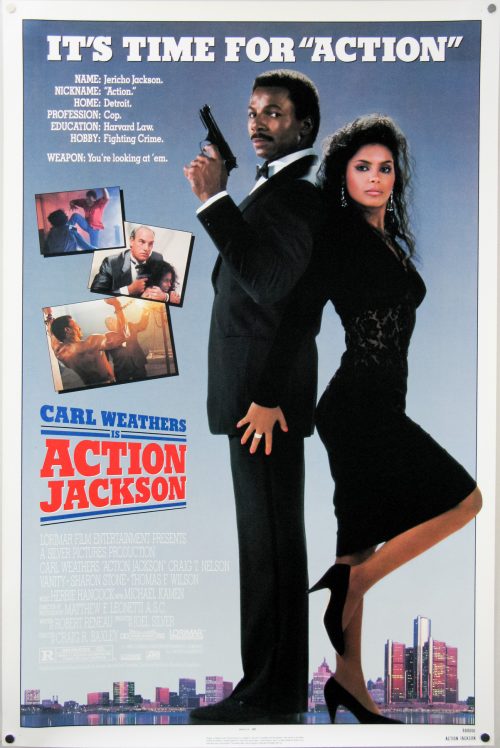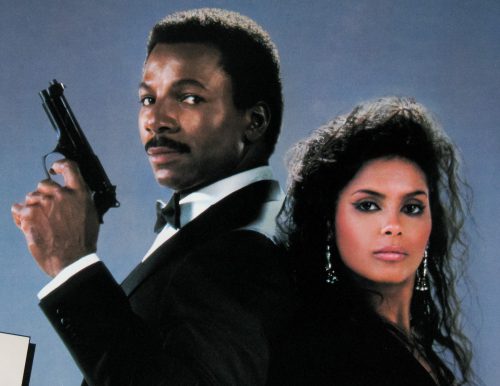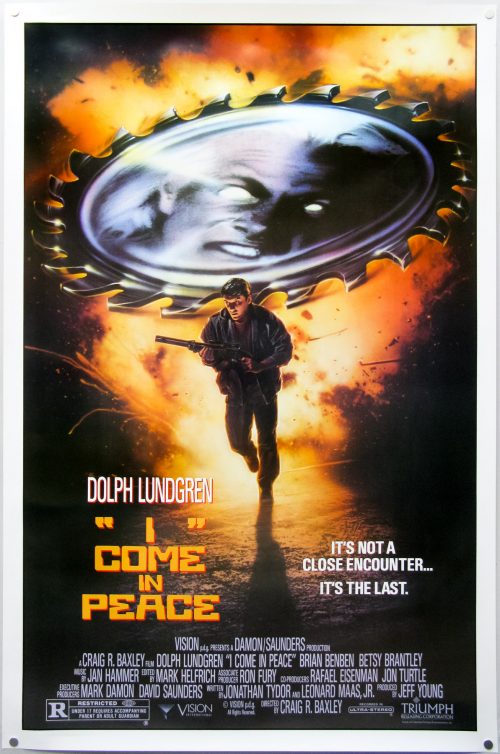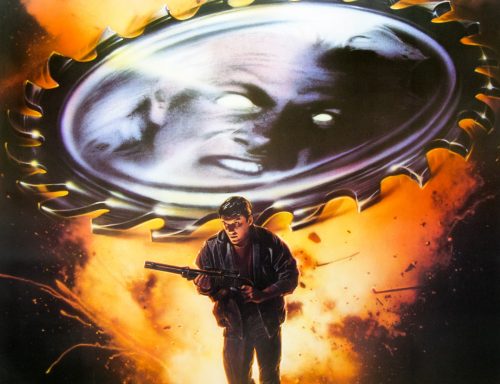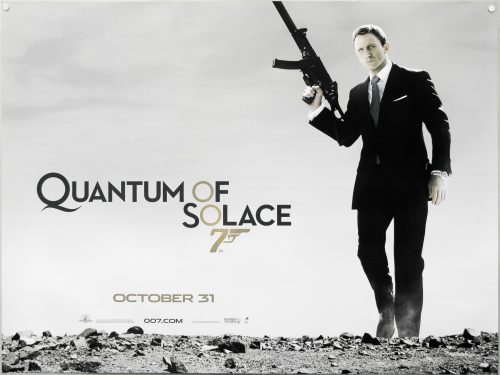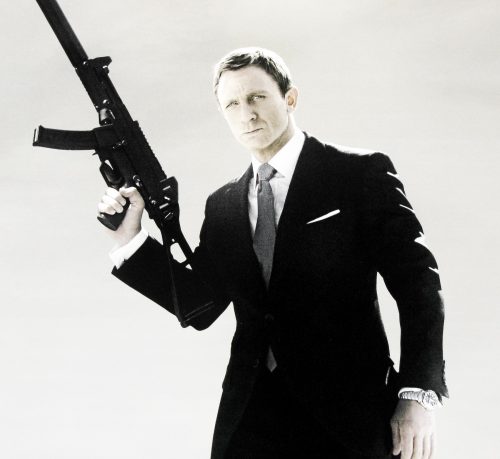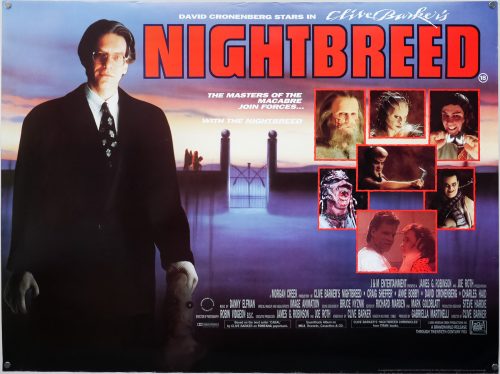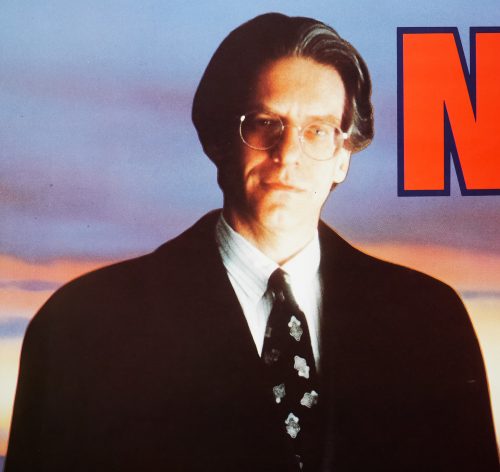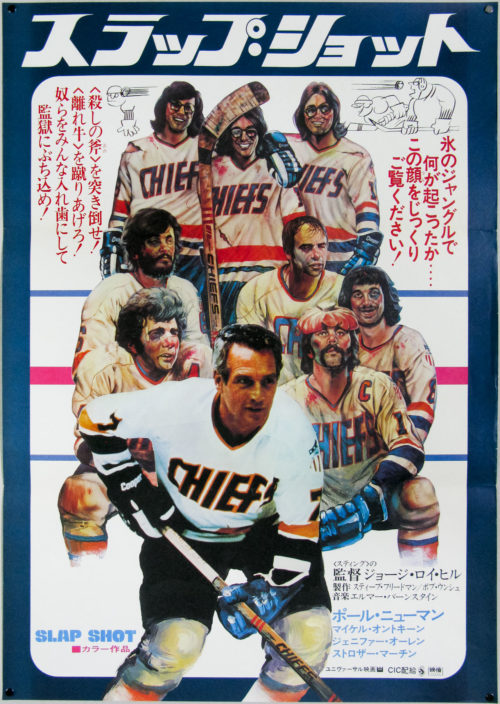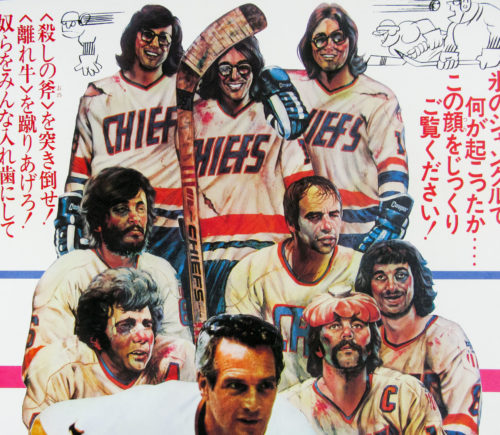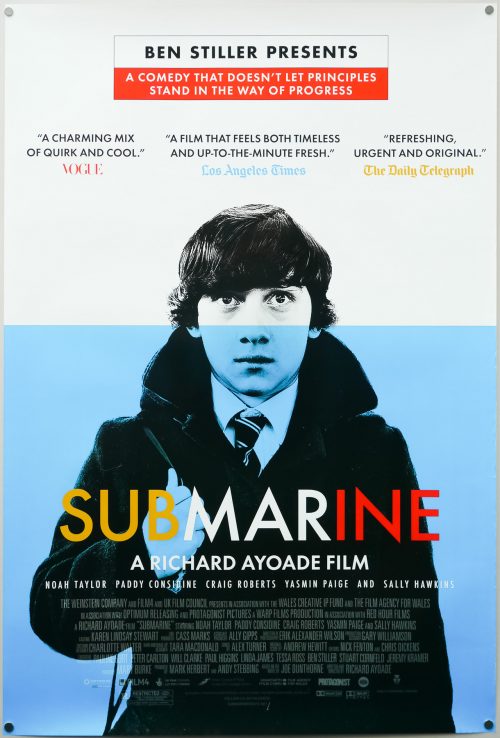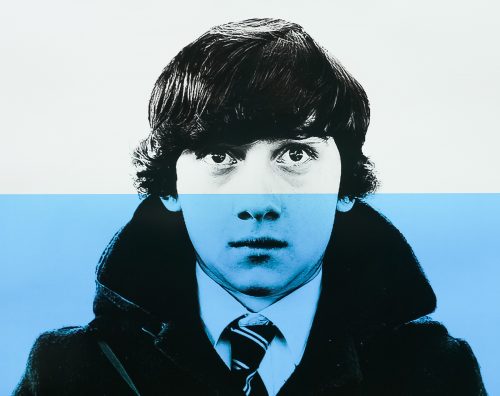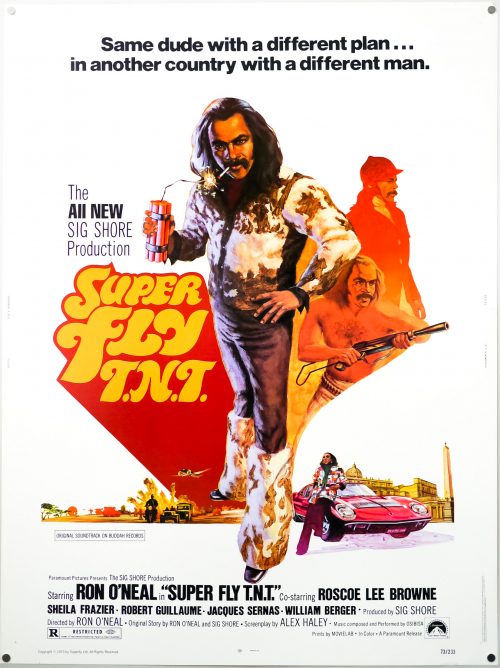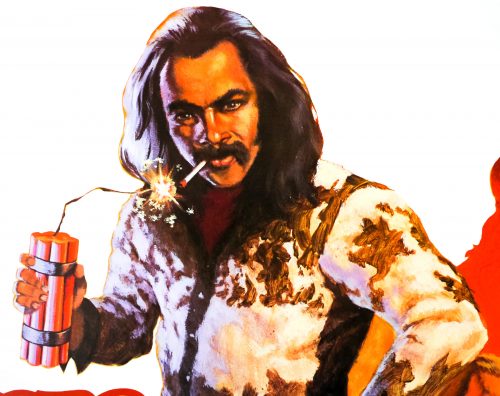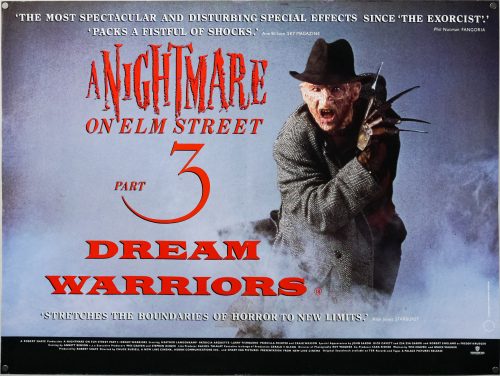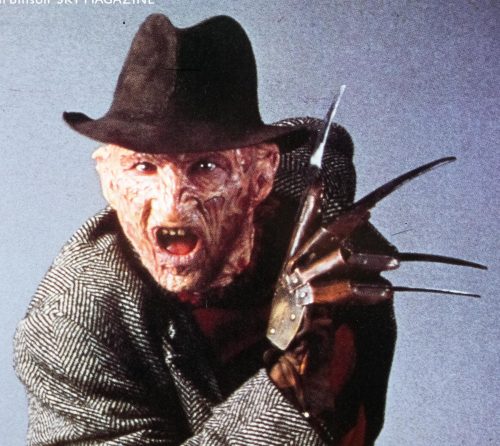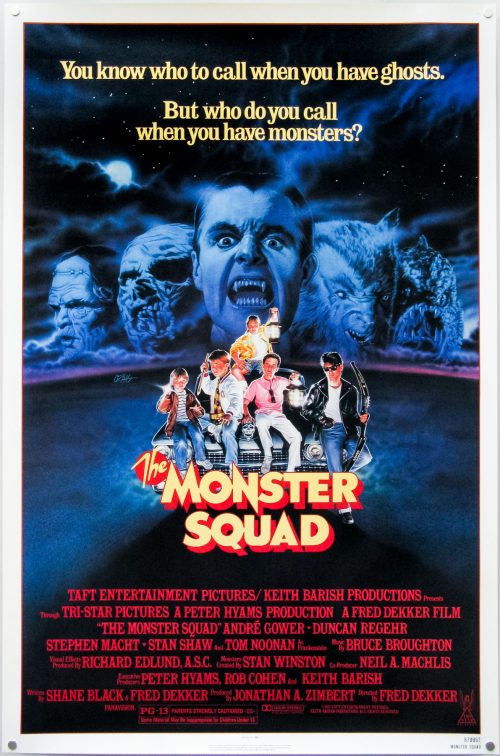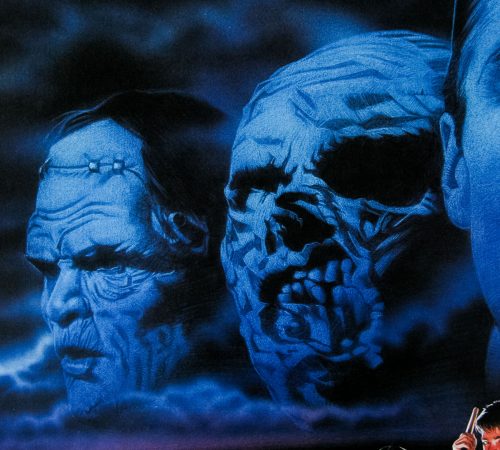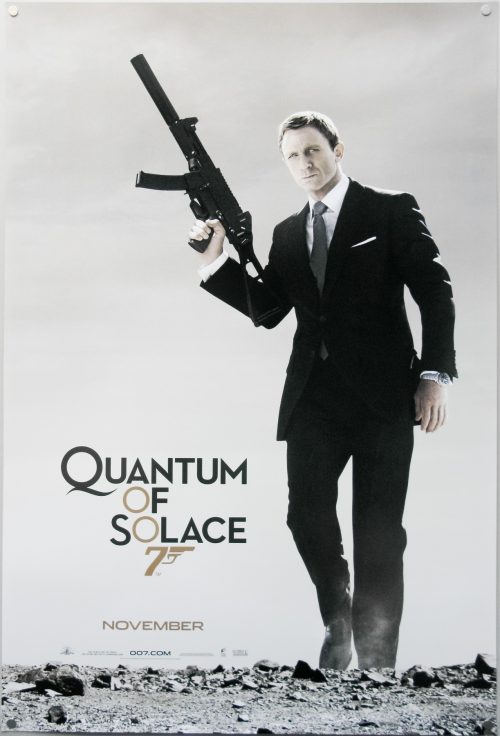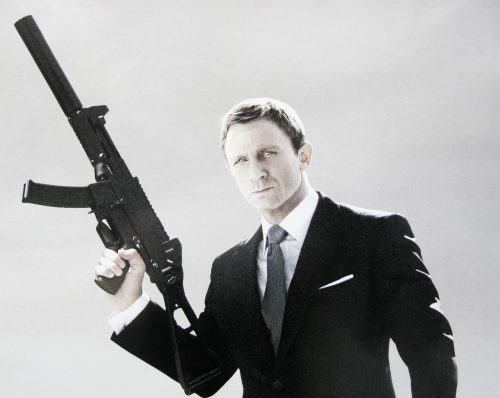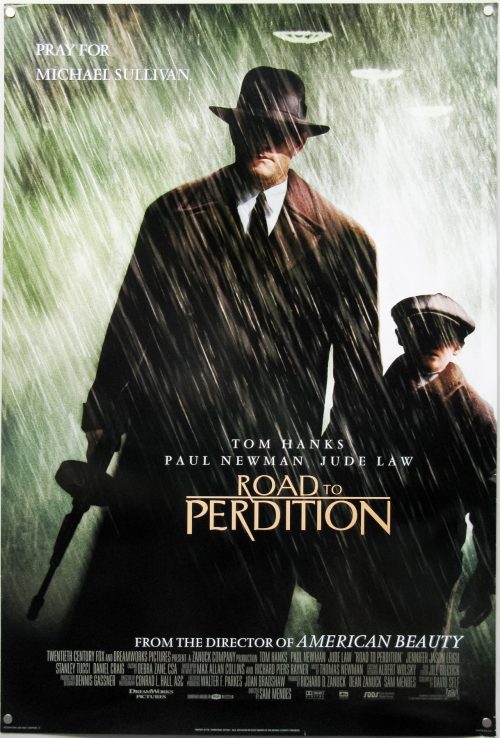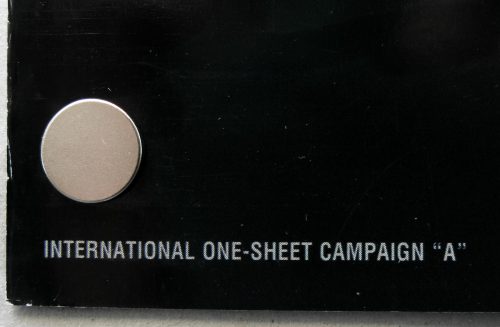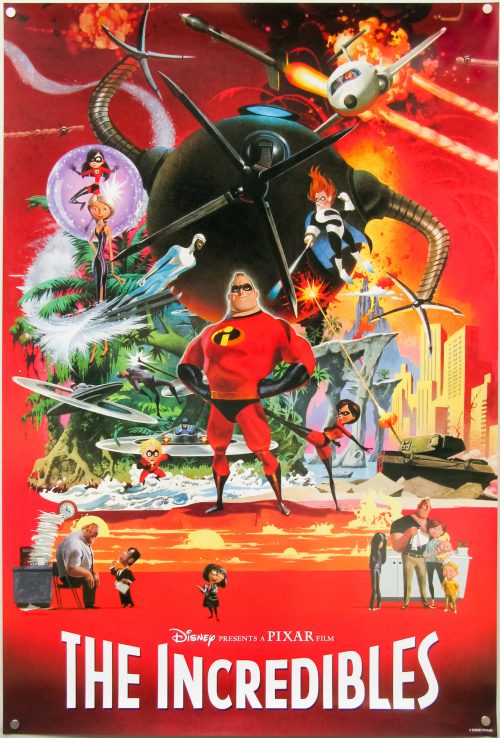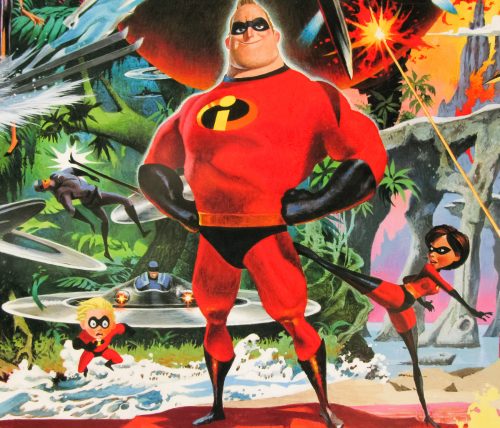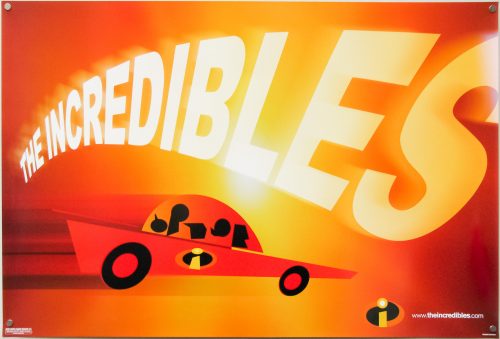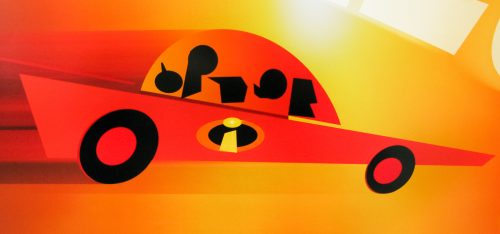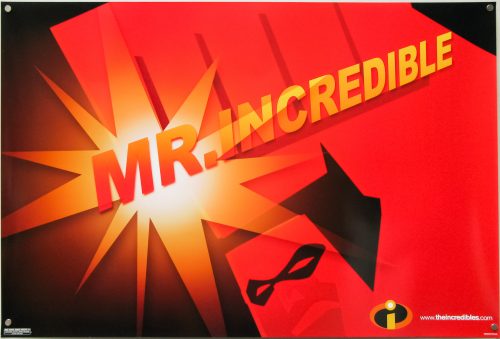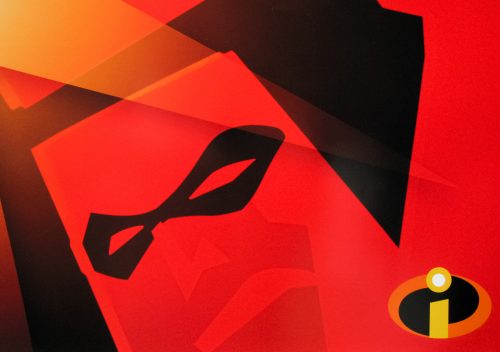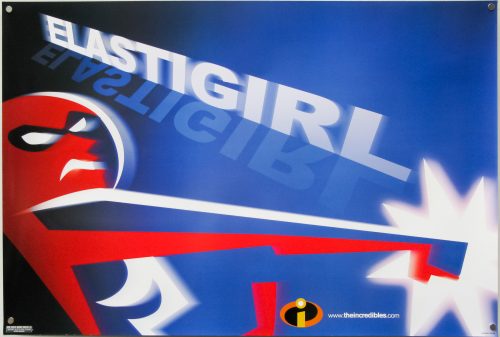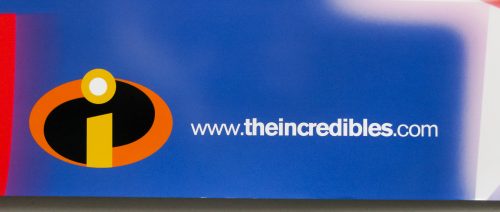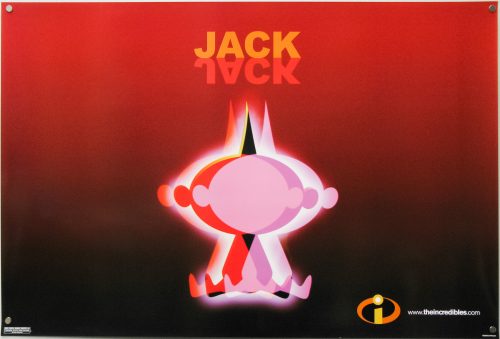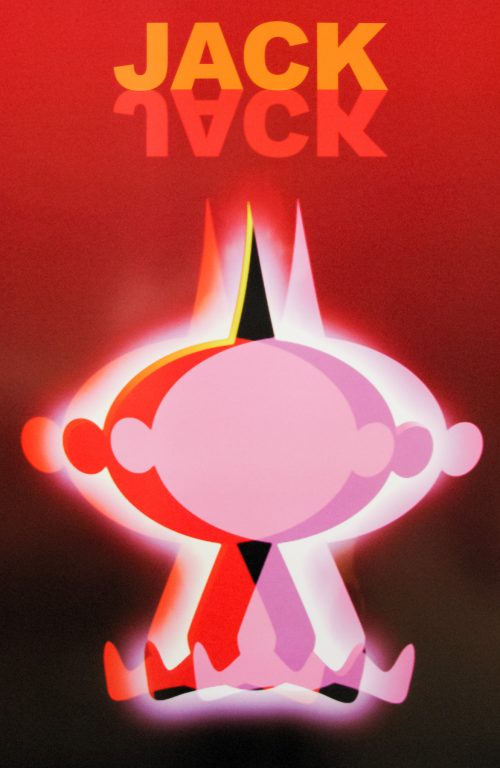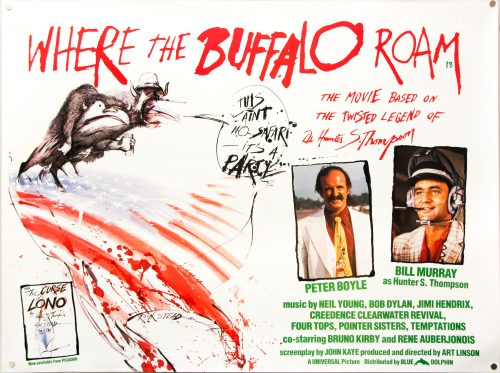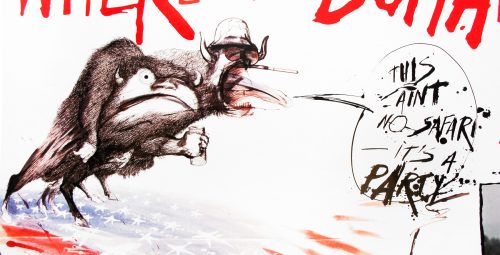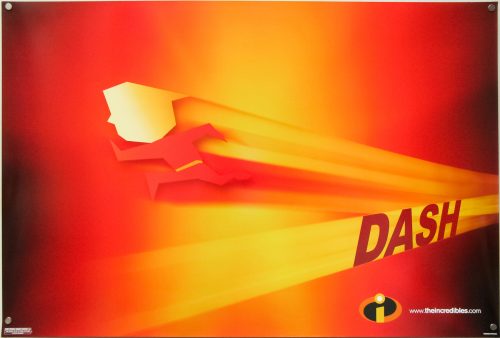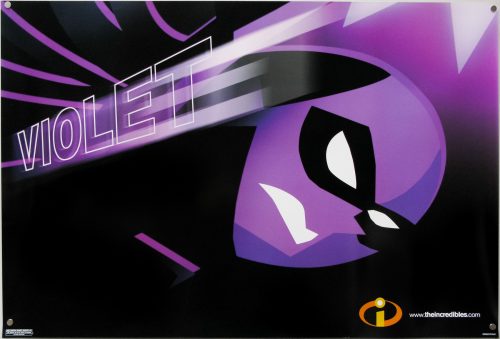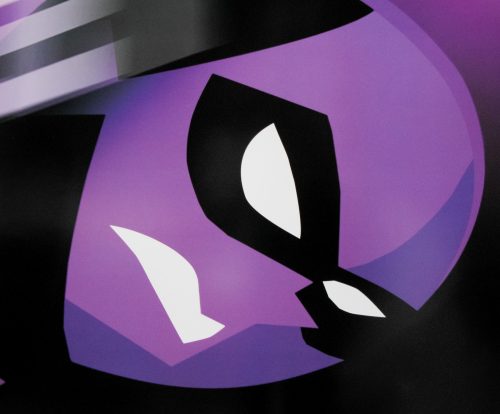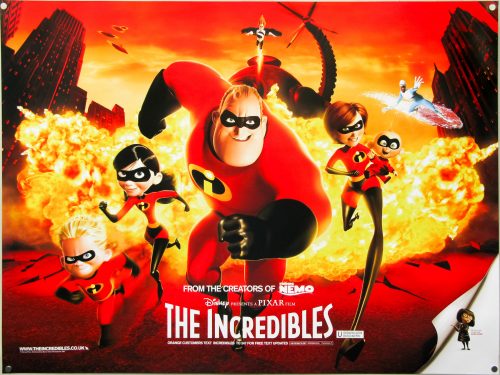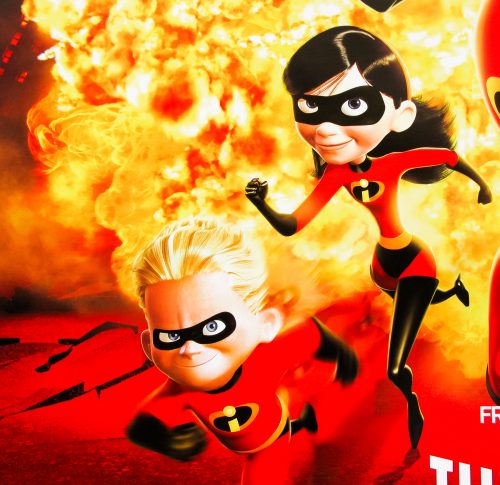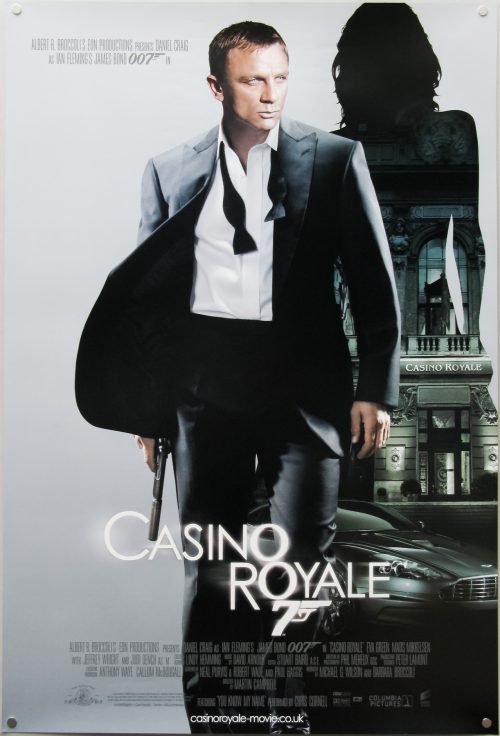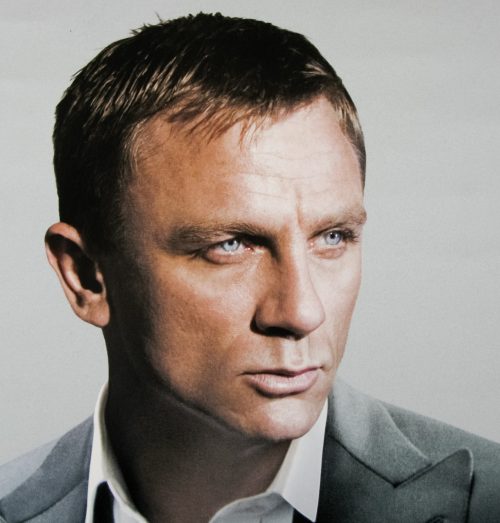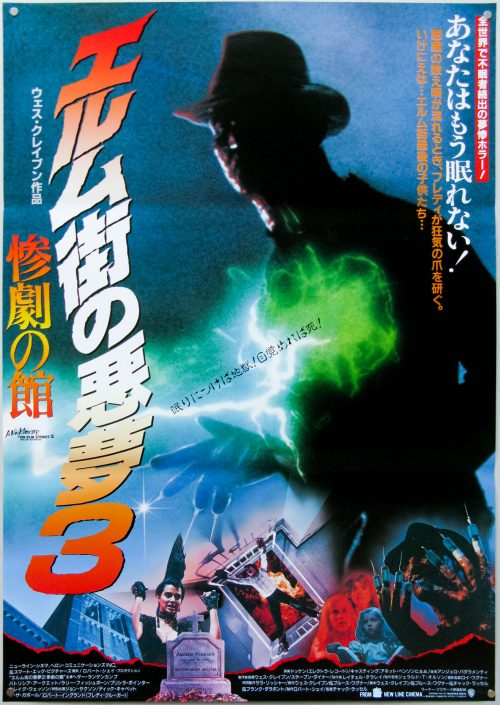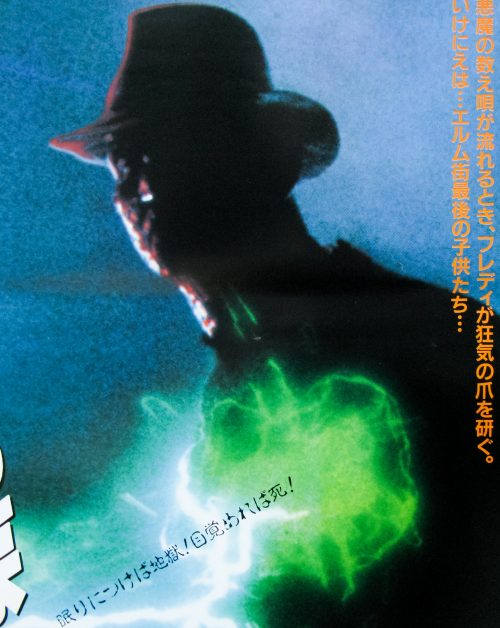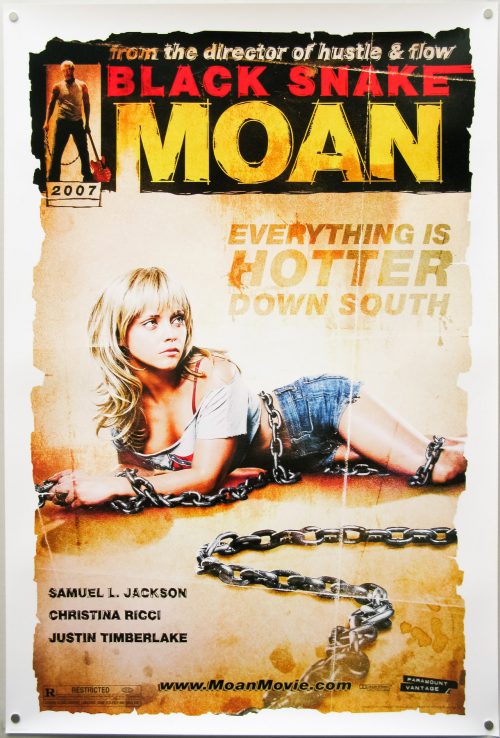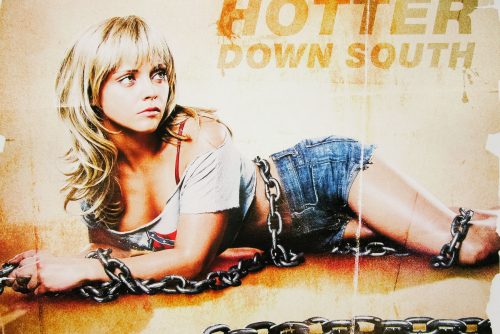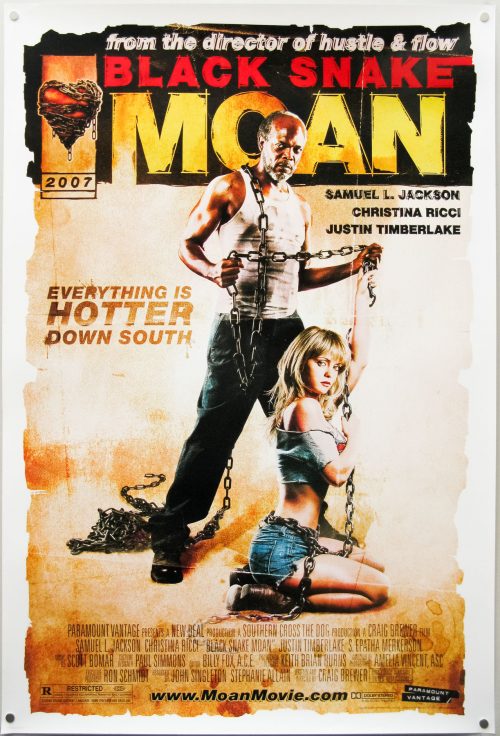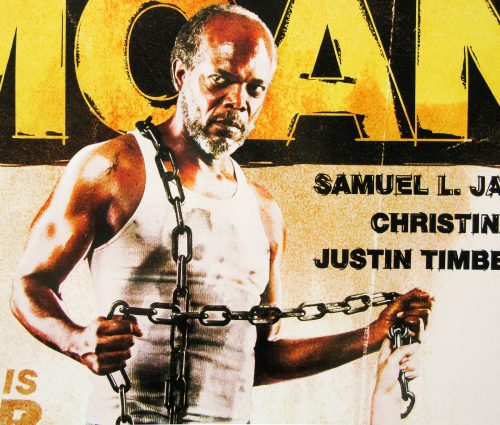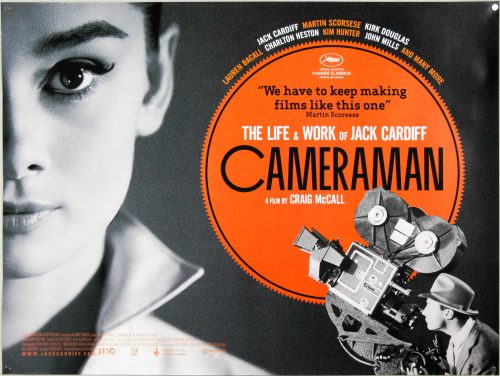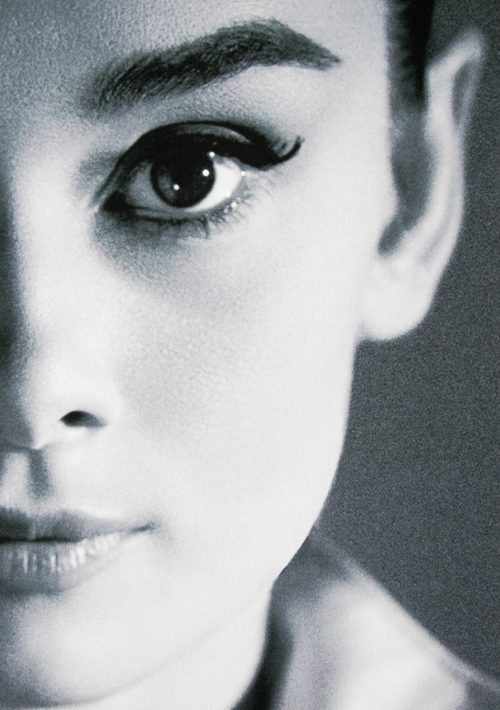This is the UK video poster for the third entry in one of the most beloved horror franchises, A Nightmare on Elm Street 3 (subtitled Dream Warriors). It’s a full-size quad (30″ x 40″) and the only way to tell that it’s a video poster is the ‘Warner Home Video’ logo (they handled the home video release) in the bottom right corner. As you can see on this image from emovieposter.com it’s otherwise identical to the Palace Pictures cinema release quad which has their logo in the bottom right.
The third film, whilst not as great as the original, was nevertheless a significant return to form following the very lacklustre part 2 that had been released a year earlier to reasonable box-office returns but poor critical reception. Both Wes Craven and Heather Langenkamp (Nancy) had been absent from the first sequel but were persuaded to return for Part 3, with Wes providing drafts of the screenplay and being instrumental in getting Langenkamp onboard. The story went through several iterations with Wes and Bruce Wagner both writing a series of initial drafts and then Frank Darabont (of Shawshank Redemption fame) and the film’s director Chuck Russell completing the screenplay.
Part of the film’s success is that they return to what made the original much scarier than part 2, which is the concept of the evil Freddy Krueger only having his power in the dreams of the kids he’s attacking. This is what made the first film so effective and allowed Freddy to be much more inventive with the way he attacks his victims. In part 2 there are several sequences where Freddy is in the ‘real world’ and he simply becomes a standard slasher antagonist, losing his uniqueness as a villain in the process. Aside from one sequence involving a Ray Harryhausen-esque skeleton, all of the Freddy scenes take place in the dream world of his teenage victims.
The concept for the third one, hinted at with the film’s subtitle, is that the characters are able to enter each other’s dreams in order to try and defeat Freddy. Patricia Arquette (in her film debut) plays Kirsten Walker, a teenager who has been suffering terrible nightmares at the hands of Freddy. After an attack that leaves her wrist slashed, her mother has Kirsten taken to a secure psychiatric hospital and there she meets a number of other teens all suffering from the same nightmares, with the adult carers at a loss to explain it. Dr Neil Gordon (Craig Wasson) is the only one who begins to believe the group and he’s helped when Nancy begins working at the hospital as an intern.
After two of the gang die following a Krueger attack, ruled as suicides by the hospital bosses, Gordon and Nancy realise the key to defeating him is using Kirsten’s gift of being able to bring other people into her own dreams. They also discover that each of the remaining kids has a particular gift when they’re in their dreams. Having multiple characters in one dream allows Chuck Russell and the special effects crew to stage a number of memorable sequences, filled with inventive gore coupled with a much more interesting script for Robert Englund (Freddy) to have fun with. There are a number of moments in the film that are ingrained in my memory from the first time I saw it almost 20 years ago and it’s definitely a fan favourite sequel. The film was a hit at the box-office and ensured Freddy’s return in part 4 only a year later.
The celebrated British designer and artist Graham Humphreys was chosen by Palace to work on the posters for the first five A Nightmare on Elm Street films. This poster for part 3 is notable for being the only one of the five that’s photographic, rather than illustrated, and when I interviewed Graham in 2011 for this site he explained how that came about:
——————
For A Nightmare on Elm Street 3 they went with a photographic image and you designed the poster. Was there a reason they didn’t have an illustration?
No idea at all. They might have been cheap-skating. I think they thought the photographs were quite good from the session they’d had so why not use one of them. I redid the logo and drew the number 3, which took ages!
How easy was it working with photographs at this time, before computers?
Well given a computer this poster would have been so different. I mean I would have used the same photograph but so much more could have been done to make it more sinister and far more exciting. In those days all I could do was play around with the lettering.
Did you actually ask if you could do an illustration or suggest an idea for one?
No, the decision was made that it would be a photo and that was that.
———–——
To see the other posters I’ve collected by Graham click here and read the exclusive interview with the artist here.
